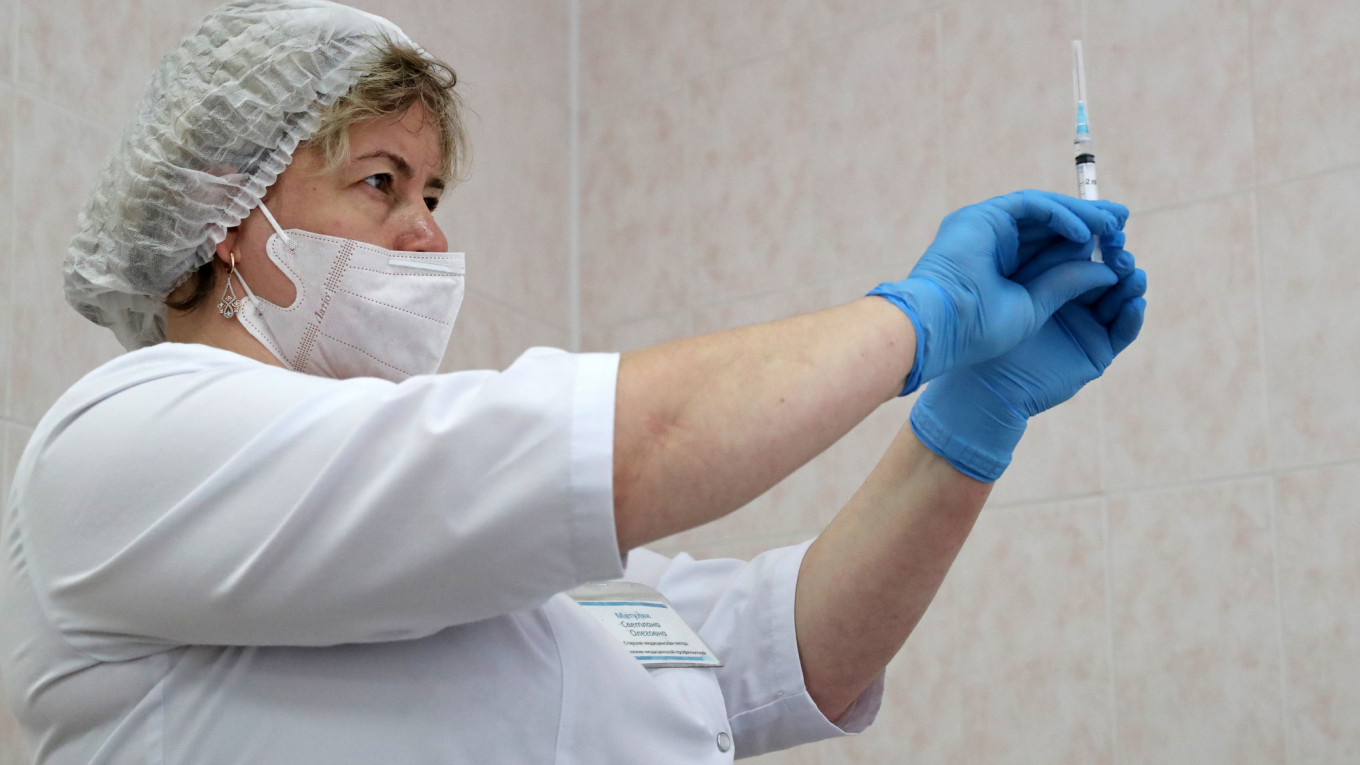Hungary is unlikely to use Russia's coronavirus vaccine due to its limited production capacity, Prime Minister Viktor Orban said Sunday while criticising the EU's vaccine acquisition approach.
Often at loggerheads with Brussels over democratic standards, Orban has sent experts to monitor vaccine development in Russia and China, and received samples of Moscow's controversial Sputnik V jab.
"We know that the Russian vaccine is good, but there is not enough of it and probably will not be, as there are production capacity limits," Orban said in an interview on Hungarian public radio.
In comparison with Sputnik V "the Chinese (vaccine) is more promising, it seems that it will be available sooner and in greater quantities," said Orban.
"Ideally, you will be able to choose whether you want to vaccinate yourself with either a vaccine from the west or a Chinese vaccine," he said.
In November Budapest boasted that Hungary was the first European country to receive test samples of the Russian vaccine.
Western and Russian experts have raised concerns over the fast-tracked drug, which has not yet been approved for marketing inside the bloc by the EU's European Medicines Agency (EMA).
Critics have also described Sputnik V as a tool to bolster Russia's geopolitical influence.
Orban said Sunday however that he is "not happy with the pace" of vaccine acquisition from the EU.
"There were manufacturers whose products were available sooner in Canada, the UK, and in Israel than for example in the EU," he said.
"But that is Brussels' job, they are dealing with it," he added.
"We are looking after the eastern relations contact network, as Brussels is not doing that ... that is why it is better to stand on two legs," he said.
Orban's latest jibe toward Brussels comes after Hungary sidestepped the EU's coordinated approach to vaccinations last week.
After receiving its first delivery of the Belgian-made Pfizer-BioNTech coronavirus jab December 26 it immediately started administering the vaccine, sidestepping the EU's joint start that began a day later.
A Message from The Moscow Times:
Dear readers,
We are facing unprecedented challenges. Russia's Prosecutor General's Office has designated The Moscow Times as an "undesirable" organization, criminalizing our work and putting our staff at risk of prosecution. This follows our earlier unjust labeling as a "foreign agent."
These actions are direct attempts to silence independent journalism in Russia. The authorities claim our work "discredits the decisions of the Russian leadership." We see things differently: we strive to provide accurate, unbiased reporting on Russia.
We, the journalists of The Moscow Times, refuse to be silenced. But to continue our work, we need your help.
Your support, no matter how small, makes a world of difference. If you can, please support us monthly starting from just $2. It's quick to set up, and every contribution makes a significant impact.
By supporting The Moscow Times, you're defending open, independent journalism in the face of repression. Thank you for standing with us.
Remind me later.






